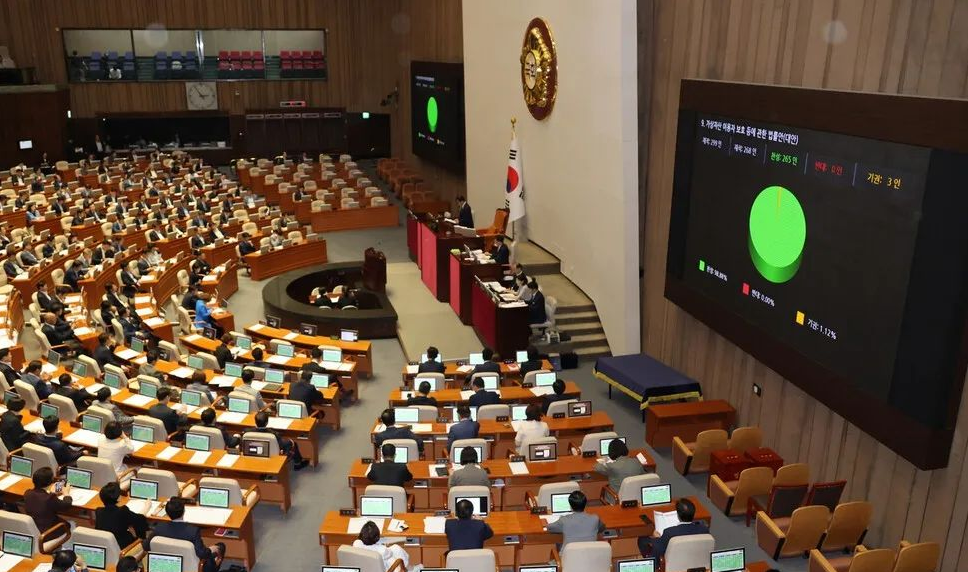IBM reports: the central bank may launch consumer-use central bank digital currency within five years
Several central banks are working to develop and distribute a cryptocurrency because of fears that currency control may be lost. Indeed, according to a report commissioned by IBM, the central bank's digital currency (CBDC) may be ready for consumer use in the next five years.

Image source:
IBM sees the future of CBDC is broad
The OMFIF-IBM report titled "Retail CBDC: The Next Payment Frontier" highlights the challenges that central banks face due to the emergence of Bitcoin and its underlying technology, the blockchain. These technological developments are driving decision makers to take action. According to the report,
- QKL123 Quote Analysis | Short-term disk is constantly being tested; how will Bitcoin evolve in the future? (1113)
- The Evolution of Ethereum Tokens: The Rise of Stabilizing Coins and ERC-721
- Depth | Metrics and assessment methods for encrypted assets
“Advances in financial technology have prompted central banks to address new private sector challenges and address weaknesses in payment systems.”
But not only are policymakers still annoyed by the challenges of technological advancement. The researchers also pointed out that since the 2008 global financial crisis, consumers no longer trust financial institutions. In fact, the distrust of the central bank in developed economies is increasing.
The report concludes that in response to these challenges, the central bank is seriously considering introducing retail digital currency within five years. The researchers defined the cryptocurrency issued by the central bank as follows:
“CBDC, Central Bank Digital Currency: A digital asset issued by the Central Bank for payment and settlement purposes in retail and wholesale transactions. “Retail” CBDC is like the digital expansion of cash for all people and companies, while “wholesale” CBDC only Can be used by the approved institution as a settlement asset for the interbank market."
Cash use is declining
The OMFIF-IBM report also emphasizes that cash use continues to decline, especially in developing countries. In contrast, the use of private and decentralized cryptocurrencies continues to grow.
OMFIF-IBM's research also found that the cost of handling cash and related logistical difficulties continues to grow.
Therefore, in order to maintain control over public payment instruments, policymakers have shifted their focus to blockchain and other technologies. In this regard, the report concludes that
“73% of central bank survey respondents require retail CBDC to be available in all cases and for all types of payments currently in use.”
IBM and the central bank's independent think tank OMFIF conducted the study in the summer of 2019. The study included contributions from 23 leading central banks.
We will continue to update Blocking; if you have any questions or suggestions, please contact us!
Was this article helpful?
93 out of 132 found this helpful
Related articles
- What new changes will be made to the multi-mortgage Dai?
- Li Lihui: Should study and issue a global digital currency implementation plan led by China
- Block.one officially participated in the EOS network upgrade vote, currently holding about $300 million EOS
- If the bull market does not come when the bitcoin is halved, what will the market face?
- Former Federal Reserve Chairman: Libra and the central bank's digital currency are meaningless
- With AAX entering the game, can the Lun Stock Exchange and ICE, Nasdaq stage the "Three Kingdoms Kill"?
- CME grabbed the bitcoin option market, why did this "unbelievable land" cause giants to grab?






